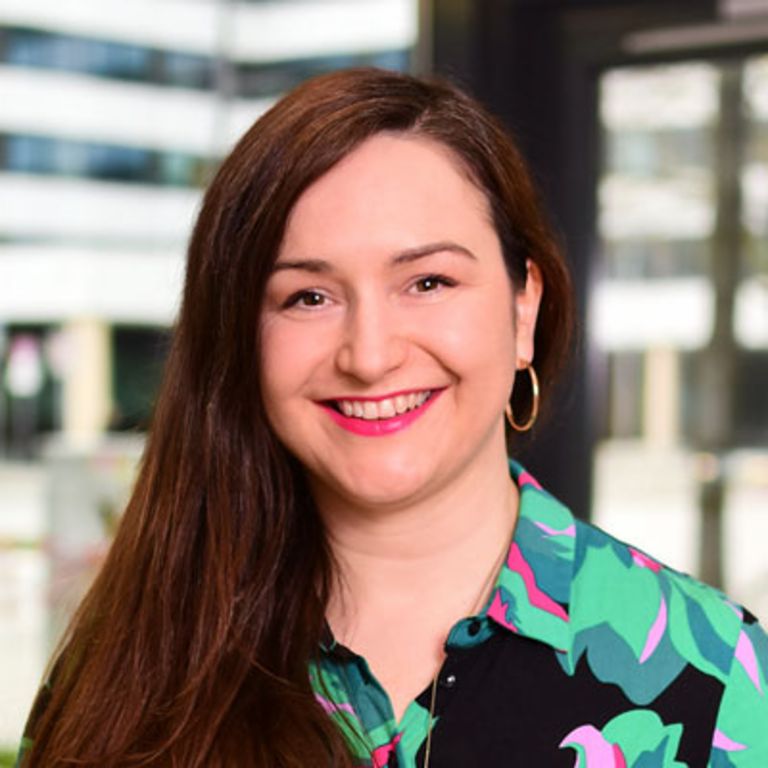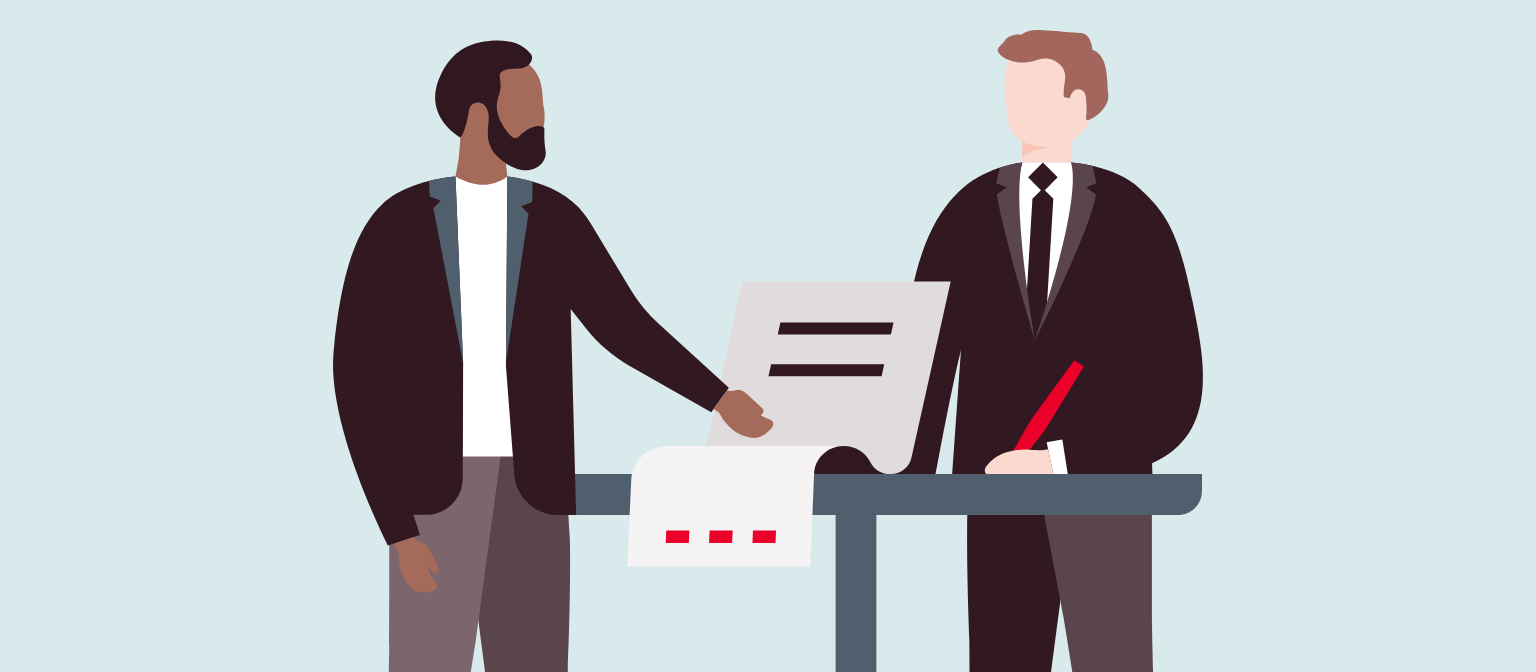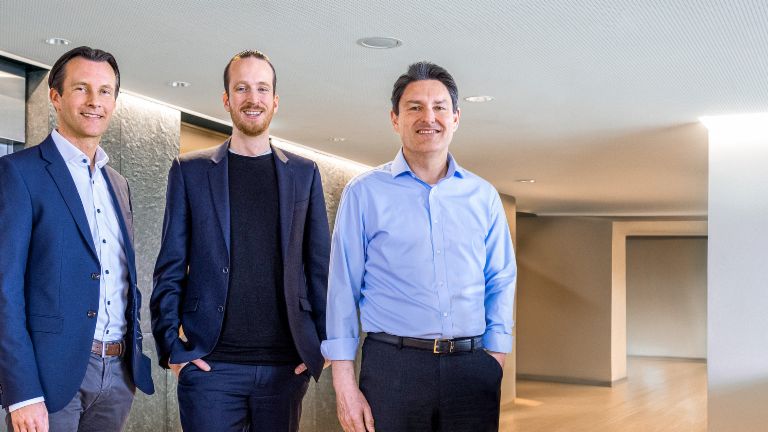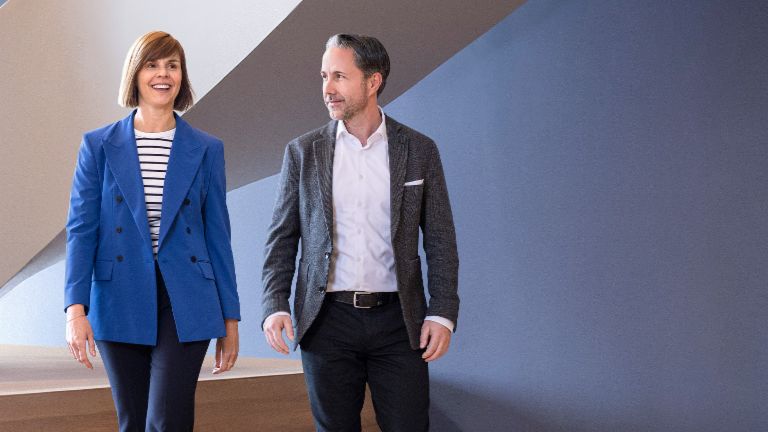- The sale of unsecured receivables invigorates their business.
- Benefits: liquidity and planning certainty
- Returns? Yes – but not at any price, thanks to the use of technology and longstanding human expertise in evaluations
- Fair debt collection: careful choice of business partners and responsible treatment of defaulting consumers
Unpaid online orders, outstanding installments from cell phone contracts or overdue electricity payments: Outstanding receivables for consumer goods or services can cause companies considerable difficulties, because they have paid in advance the costs for development, marketing and sales. But because of the payment defaults, they now not only lack the money for further activities on the market but on top of that are faced with the laborious, time-consuming and often frustrating task of recovering these receivables.
The EOS Group, an international specialist in receivables management, relieves business owners, financial managers and investors of this task by buying unsecured receivables combined into debt packages across a number of sectors. The former creditors instantly improve their liquidity and are able to make plans and invest again.
Outstanding receivables destabilize entire economies.
In doing this, EOS doesn’t just relieve individual firms and banks of financial burdens due to payment defaults, but also frees them from tedious tasks that tie up resources, says Marwin Ramcke, CEO of the EOS Group: “When companies are limited in their financial capacity to act this can have a negative impact on entire economies.” The purchase of unsecured receivables is therefore more for EOS than just a random business model, says Ramcke: “By doing this, we are helping to stabilize economic systems.” This applies especially to companies in countries where the number of outstanding receivables has increased significantly in recent years, among other things as a consequence of the Covid-19 pandemic and due to current challenges like the rise in inflation, interest rate hikes, and uncertainties because of tense geopolitical situations.
Unlike fiduciary collection, when it comes to receivables purchasing EOS is not just responsible for realizing the receivables but also owns them – and therefore bears the risk of default. “Our partners from the consumer goods and services sector can delete these items from their balance sheets and gain instant liquidity – and are therefore able to concentrate on their core business again,” says Ramcke. Banks that sell bad debts or non-performing loans (NPLs) can also release accrued liabilities and in this way improve the quality of their loan portfolio and increase their rating.

By purchasing unsecured receivables, EOS is helping to stabilize economic systems.
Forward flow: Financial planning certainty for companies.
This applies to an even greater extent for partners that enter into a ‘Forward Flow Agreement’ with EOS, which is particularly worthwhile for companies that are having to deal with bad debts regularly, for example telecoms providers, online retailers, energy utilities or banks.
In this case, EOS commits to buying at regular intervals receivables that meet a defined quality for an agreed percentage of their value. This avoids a constant and time-consuming renegotiation of prices for individual packages and provides the companies selling the receivables with even greater planning certainty. “This has been the cornerstone of many long-term partnerships that we have established with banks and companies,” says Ramcke.
To evaluate the portfolios, EOS relies on the longstanding experience of its staff as well as technology-driven processes. In special cases, algorithms are also used in the processing of the complex data. And it is not just the raw data of the portfolio that are crucial to a good result. The human factor also plays an important role in the evaluation process.
Using cutting-edge data analysis and based on individual parameters like the age of the receivables, certain industry specifics and the demography of the consumers, analysts work out a purchase price that is fair to both parties. EOS is a specialist in receivables management with more than 50 years experience.
No purchase at any price: EOS emphasizes responsibility.
This experience and expertise can also result in a decision not to bid for certain receivables packages that are on offer. “We make the pricing of portfolios sustainable and ensure that it meets the economic interests of both parties,” says Ramcke. “In addition, our ethical standards exclude potential business partners from certain sectors.”
When processing the purchased portfolios, EOS is committed to a respectful, solution-driven interaction with the defaulting consumers. The aim is to develop payment plans that lead to a sustainable debt reduction. “For us, debt collection means taking responsibility,” says Ramcke. EOS has also embedded this attitude into its own CR strategy. “Our standards help us to become a little better every day.”
Would you like to sell receivables?
EOS is well-known for its longstanding experience and fair purchase prices. Simply make an appointment for a consultation. Our experts will handle all the rest.

Sabrina Ebeling
Corporate Communications & Marketing
Phone: +49 40 2850-1480
Explore more from EOS





